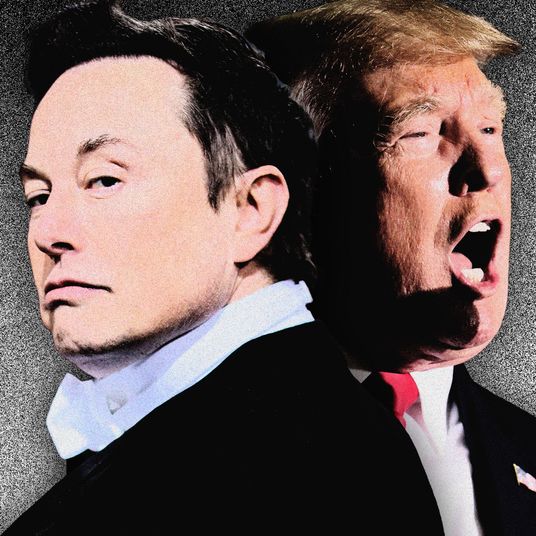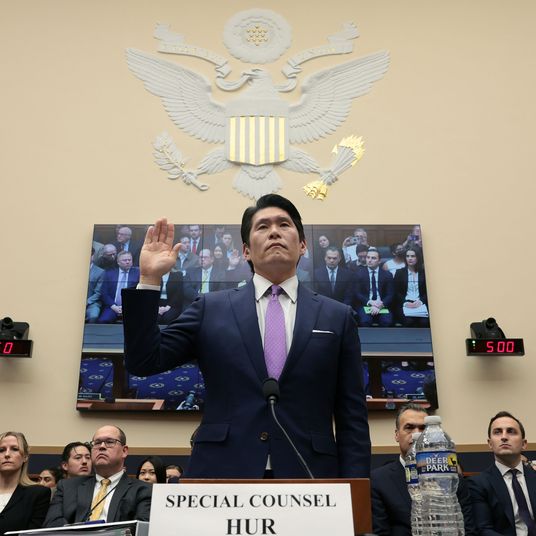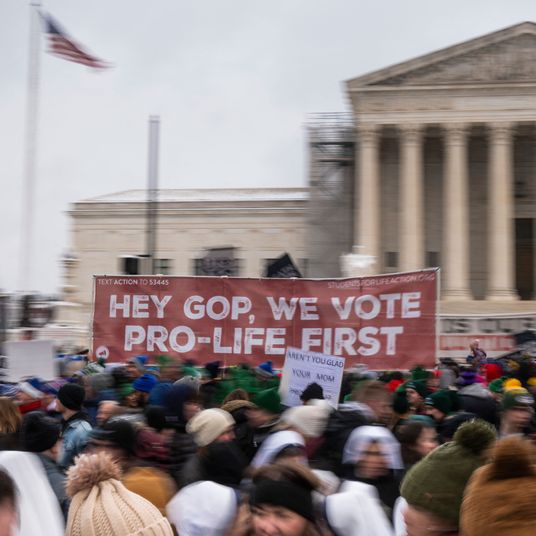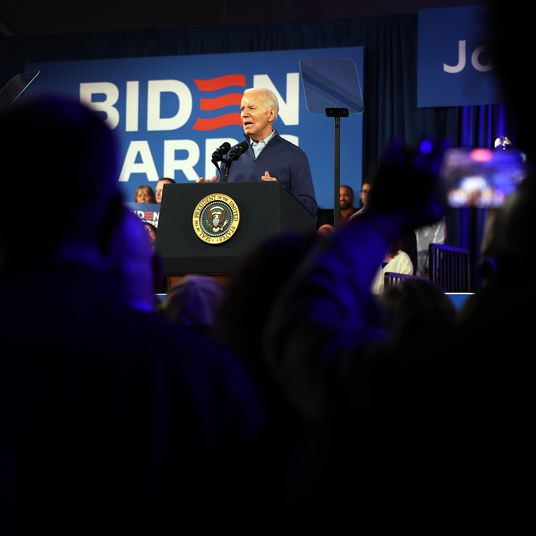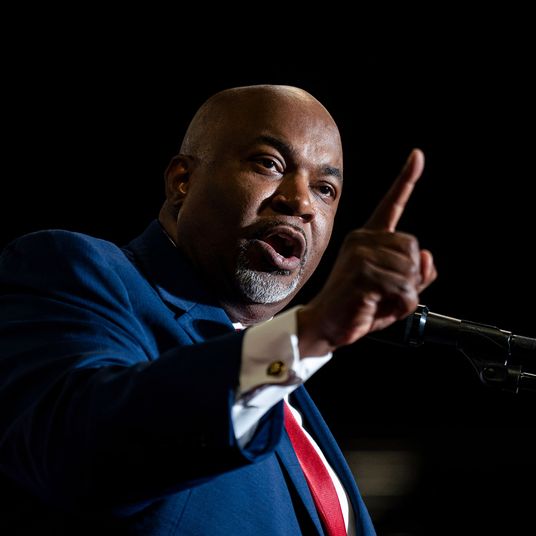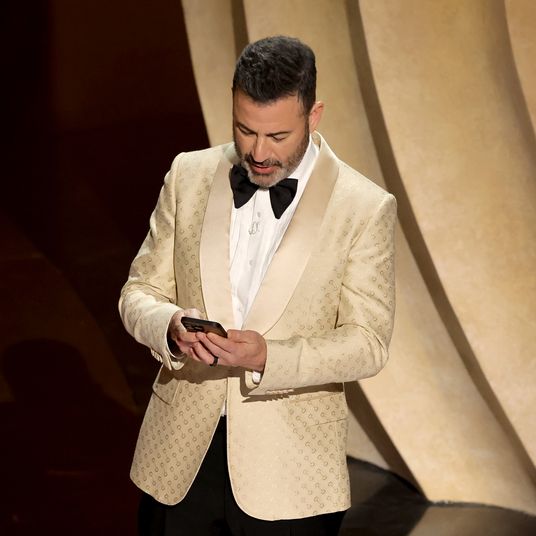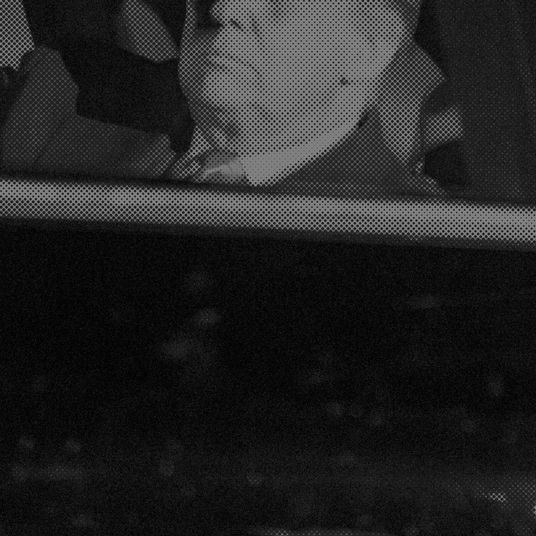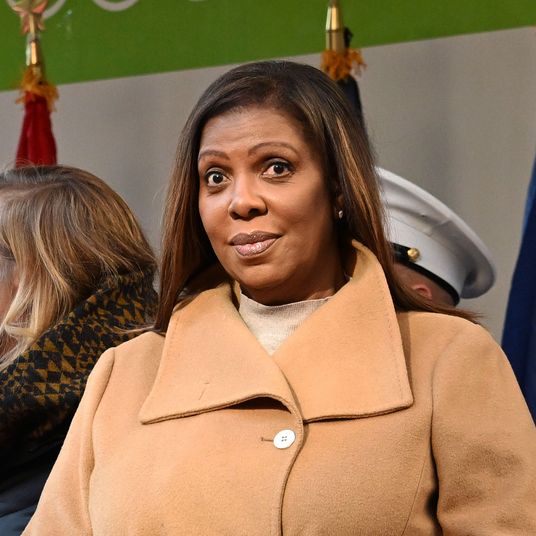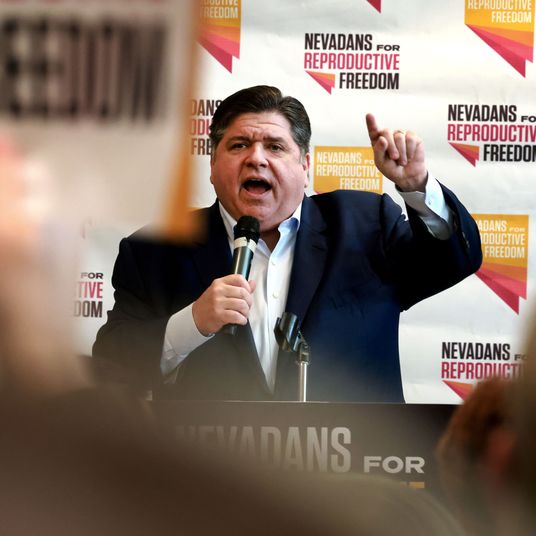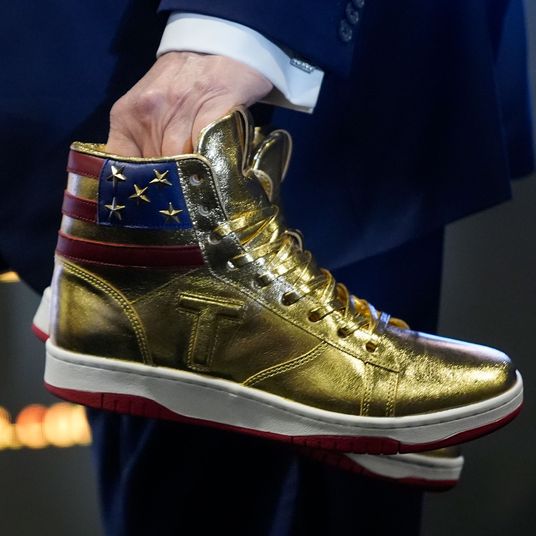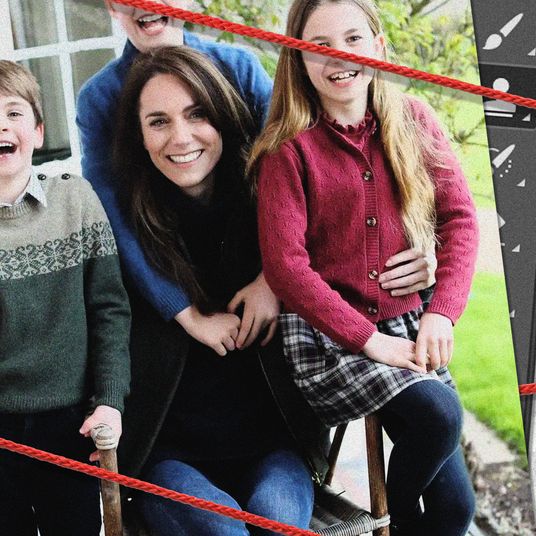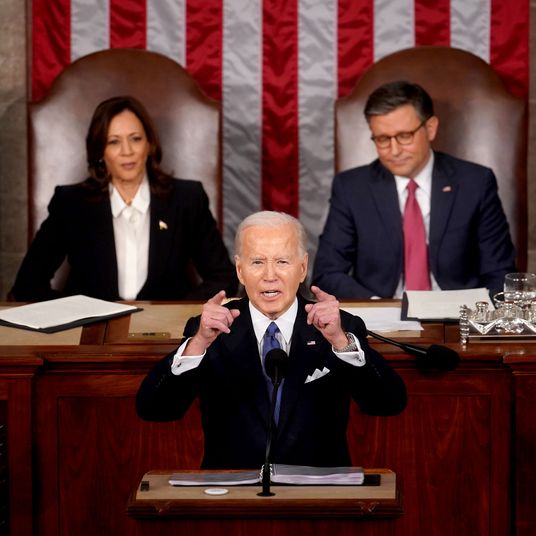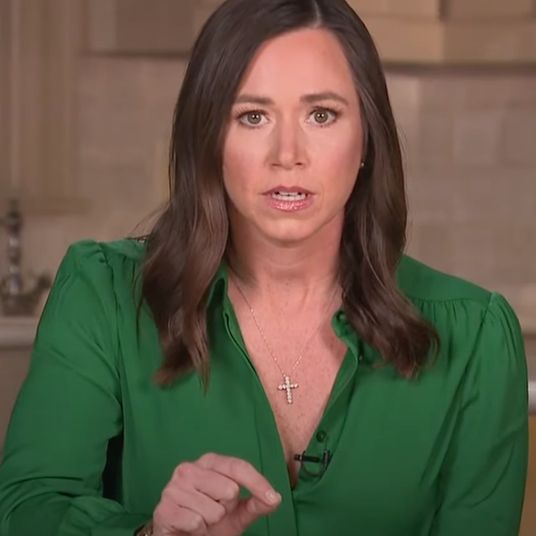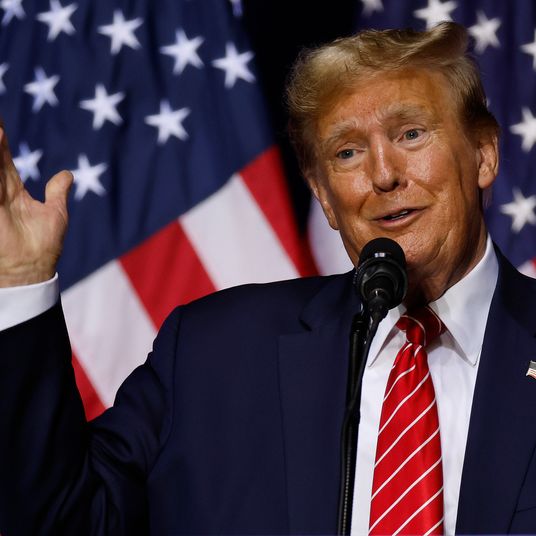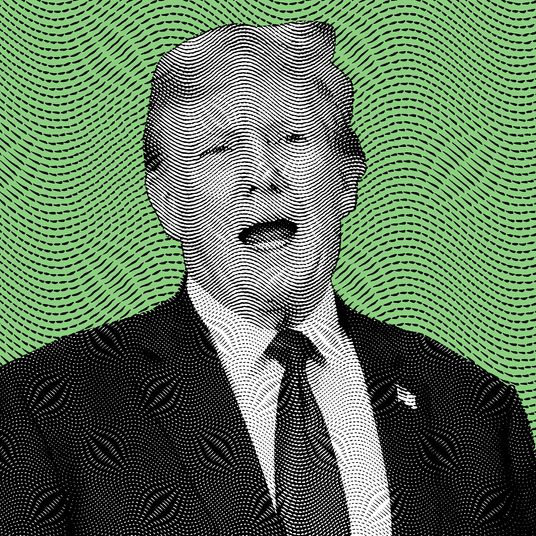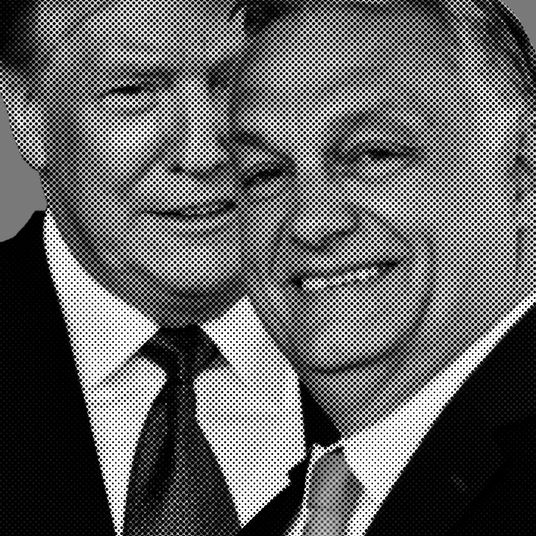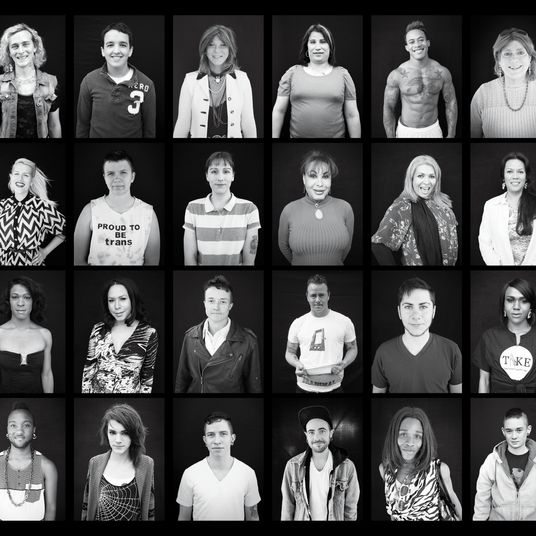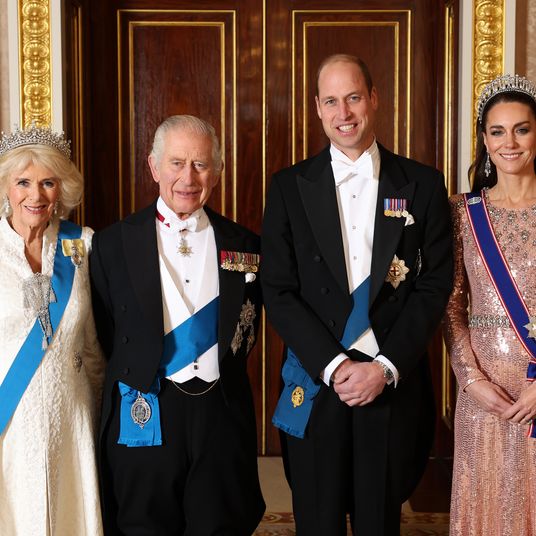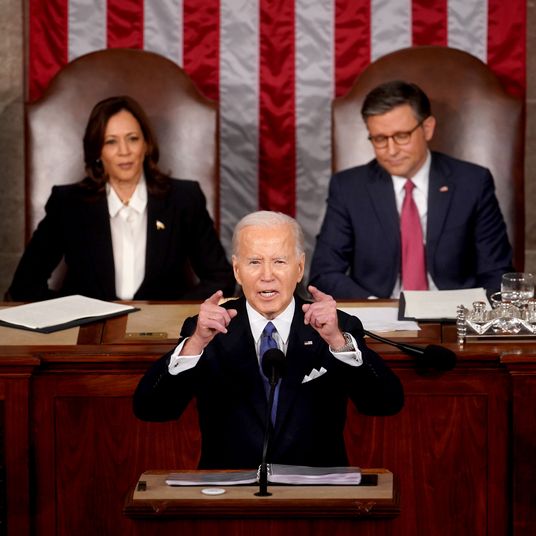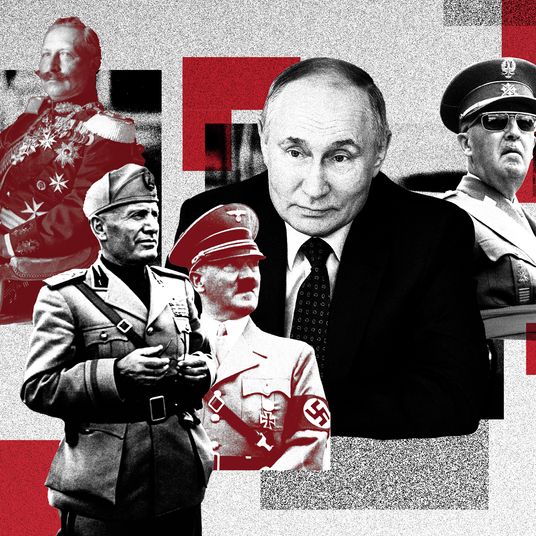On Monday, Microsoft CEO Satya Nadella announced that he was hiring Sam Altman to lead an advanced AI-research group, just three days after OpenAI, the company Altman co-founded, fired him. It was a coup that had few if any precedents in Silicon Valley, and it immediately added about $250 billion to the tech Goliath’s market value on Monday morning. The move will also get Microsoft a tremendous amount of goodwill, after Altman’s firing triggered an outpouring of positive stories about his loyalty and his former employees pledged to follow him wherever he went. The But now Altman has an arguably harder job ahead of him, and the question of whether this will work out for him remains to be seen. (There is also a possibility that Altman returns to OpenAI, according to The Verge.)
OpenAI is a weird chimera, a for-profit monster that was overseen by a nonprofit whose board, tasked with making sure its technology was used safely, was skeptical of its CEO’s profit motive. Nowhere in the long list of companies that Altman has helmed is one that has had to answer to the public. Before co-founding OpenAI, he was the CEO of Reddit for a few days and the president of Y Combinator, the Silicon Valley venture-capital firm that funds and develops start-ups. When asked in June whether he would take OpenAI public anytime soon, Altman couldn’t have been clearer that that was anathema. “When we develop superintelligence, we are likely to make some decisions that most investors would look at very strangely,” he said. “I don’t want to be sued by … public market, Wall Street, etc.”
And this makes sense for what he was doing. AI is the kind of technology that you don’t want the bean counters at Fidelity or BlackRock to be frowning over, complaining that this or that costs too much money, or has too many employees, or is simply too risky for the retirees of America to be investing in. It is expensive. It is unwieldy. There are already high-profile lawsuits threatening to gut the entire industry. It could, theoretically, wipe out humanity. OpenAI was a black box, far removed from that glare. But Microsoft? It’s been public since before most of the world’s population was born. The percentage of stock portfolios that own Microsoft shares probably isn’t that far away from 100. It is stable, profitable, and consistent. How Altman handles the tension between developing AI and answering to shareholders is unclear.
Nadella’s announcement came after OpenAI axed its co-founder and the face of the AI revolution in a move comparable to Apple firing Steve Jobs in 1985. It’s still generally unclear what, exactly, triggered the firing, but the broad outlines are clear: Altman’s drive to run OpenAI like a start-up was deeply opposed by a small but core group of developers who were increasingly worried that the technology was developing too quickly and posed existential dangers to the future of humanity. His key antagonist is reportedly Ilya Sutskever, a board member who believes that superintelligent computing powers — known in tech as artificial general intelligence, or AGI — needed to be curbed. He believed this so deeply that Sustkever developed a kind of religious zeal around taming the technology, according to an excerpt of a forthcoming book by Karen Hao and Charlie Warzel that was published in The Atlantic:
The more confident Sutskever grew about the power of OpenAI’s technology, the more he also allied himself with the existential-risk faction within the company. For a leadership offsite this year, according to two people familiar with the event, Sutskever commissioned a wooden effigy from a local artist that was intended to represent an “unaligned” AI — that is, one that does not meet a human’s objectives. He set it on fire to symbolize OpenAI’s commitment to its founding principles.
Sutskever won the day on Friday when his coup successfully ousted Altman. He had been pushing for the company to be more proactive with “aligning” the technology to the nonprofit’s mission, and he successfully convinced enough of the board that Altman was a danger to that mission. But it has since backfired: More than 700 of OpenAI’s 770 employees threatened to quit if Altman doesn’t return. Not only does Sutskever appear to have lost control over the company, Altman is now further emboldened. The incoming interim CEO of OpenAI, Emmett Shear, said that there was no “specific disagreement on safety” that triggered Altman’s firing and that his termination would be investigated. By Monday, Sutskever capitulated, but it may have already been too late.
So now Altman will be badging into a Microsoft building and has brought part of his team with him, including co-founder Greg Brockman, who quit as OpenAI president after Altman was ousted. likely bring much of his team with him. His title will be CEO of that AI business, but the reality is that he will be a different kind of chief executive than he was at OpenAI. Yes, he is freed to some degree; his boss now wants him to make money, whereas his previous overseers on the OpenAI board were more concerned about the technology’s safety. Altman will surely have tremendous latitude to do what he wants within the Microsoft team. But he could just as likely become a glorified product manager, because it’s no longer his company he’s burning through investors’ money with. After all, every query on ChatGPT, its blockbuster AI product, was unprofitable, thanks to the tremendous amount of energy needed to power its technology, and the company lost $540 million last year. Even for the $2.7 trillion Microsoft — the world’s second-largest publicly traded company, which made $22 billion in profit last quarter — that’s a big line item.
Altman was reportedly planning on raising $100 billion over the next few years to fund OpenAI, but Microsoft has $143 billion in cash on its balance sheet right now, so Altman’s real value to Nadella is as a conduit to bring a ton of extremely talented and smart engineers and access to technology in-house. Altman wasn’t the one whose coding or theoretical acumen created ChatGPT and DALL-E and showed the world what AI can actually do. He just brought all the right pieces together at the right time, and he will always be in the pantheon of great tech CEOs for that. But Altman is essentially untested when it comes to making profits. Wall Street watched the last decade of Silicon Valley stars fade when they had to stand on their own. If Altman can’t rise to the occasion, he could lose control because he wasn’t the ruthless capitalist his detractors had accused him of being.


